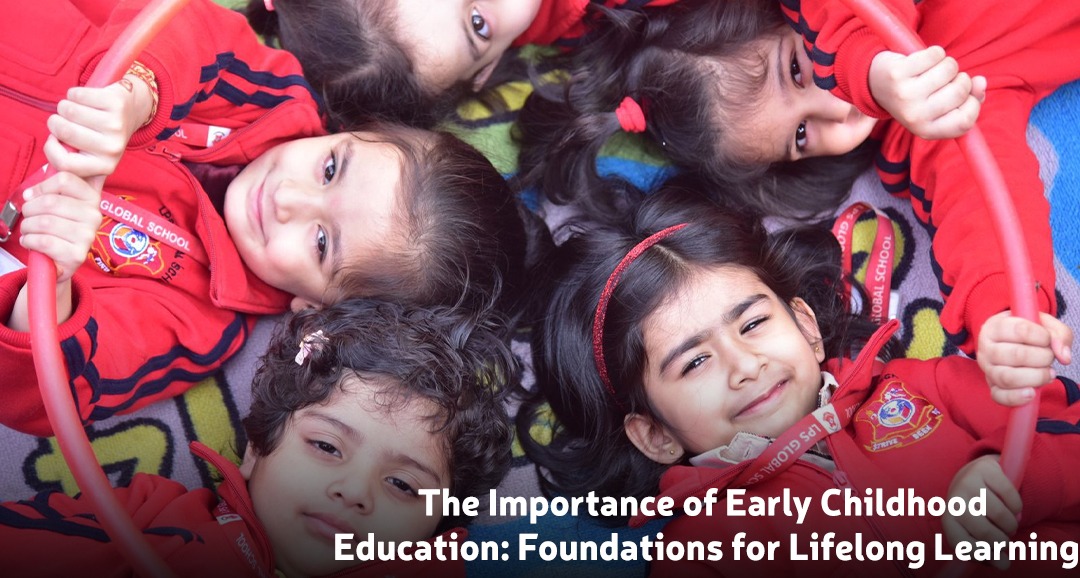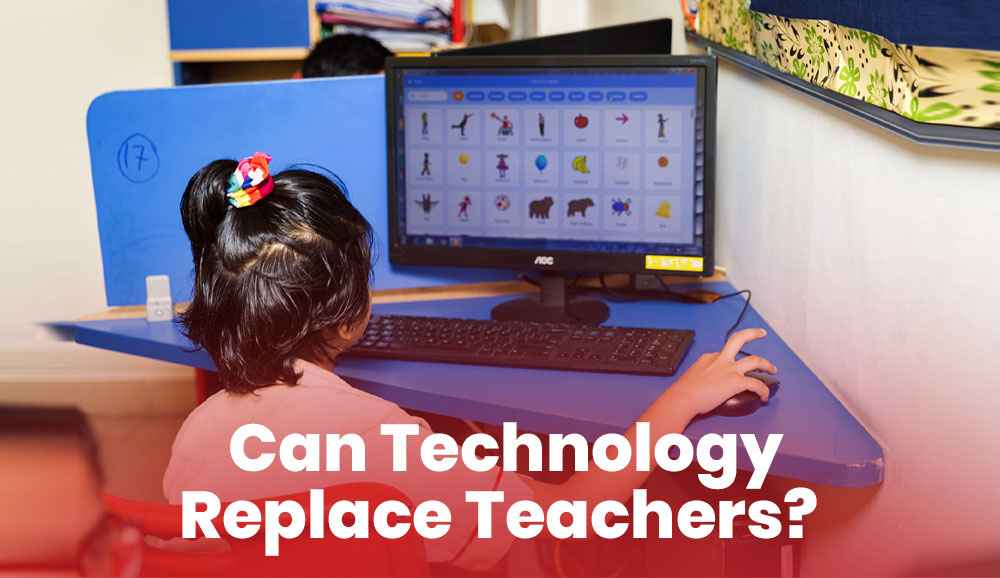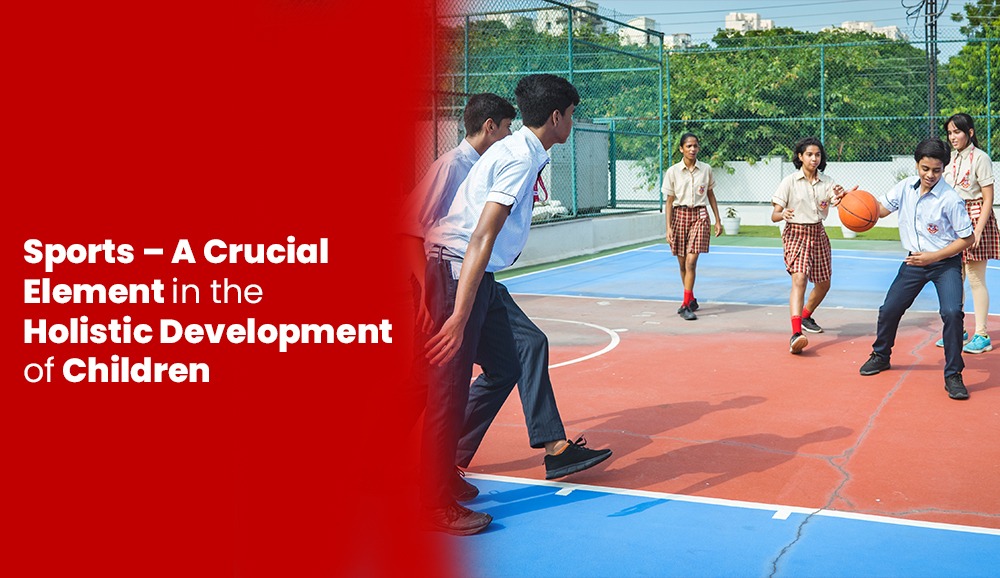Introduction:
In the realm of education, the significance of early childhood education cannot be overstated. This pivotal stage of development sets the tone for a child’s future academic achievements, social interactions, and emotional well-being. In this comprehensive exploration, LPS Global School, One of the Top Schools in Noida, delves into the multifaceted importance of early childhood education, with a keen focus on the exemplary practices observed at Noida’s Premier Educational Institutions.
Understanding Early Childhood Education:
Early childhood education encompasses the critical years from birth to eight, a period characterized by unparalleled brain development and receptivity to learning. During this phase, children are like sponges, absorbing knowledge, skills, and attitudes that will shape their cognitive abilities, socio-emotional competencies, and overall outlook on learning.
Importance of Early Childhood Education:
- Cognitive Development: Early childhood education lays the groundwork for cognitive development by providing stimulating and enriching experiences that foster neural connections and cognitive skills. At School, dedicated educators utilize research-backed methodologies to cultivate language proficiency, numeracy skills, problem-solving abilities, and critical thinking prowess in young learners.
- Social and Emotional Well-being: Beyond academics, early childhood education nurtures children’s social and emotional well-being, equipping them with the interpersonal skills and emotional resilience necessary for success in school and beyond. Through collaborative play, group projects, and positive peer interactions, School fosters a supportive and inclusive environment where children learn to communicate effectively, collaborate productively, and navigate social dynamics with empathy and respect.
- Holistic Development: Recognizing the holistic nature of child development, school adopts a comprehensive approach that encompasses cognitive, social, emotional, physical, and creative domains. Through a rich tapestry of experiences encompassing music, art, drama, physical education, and outdoor exploration, children at school are encouraged to express themselves authentically, explore their interests, and develop a well-rounded skill set that transcends academic boundaries.
- Family-School Partnership: At School, the importance of a strong family-school partnership is paramount. Recognizing parents as essential partners in their child’s educational journey, the school fosters open communication, collaboration, and mutual support between educators and families. Through parent-teacher conferences, workshops, and involvement in school activities, parents are empowered to play an active role in their child’s education, thus reinforcing learning both at home and in the classroom.
Exemplary Practices:
- Play-Based Learning: Rooted in the philosophy that play is the primary vehicle for learning in early childhood, School embraces play-based learning as a cornerstone of its pedagogical approach. Through purposeful play, children engage in hands-on, experiential learning activities that stimulate creativity, imagination, problem-solving, and socio-emotional growth.
- Inquiry-Based Curriculum: The curriculum is designed to foster inquiry, curiosity, and a passion for learning. Through inquiry-based approaches, children are encouraged to ask questions, explore concepts, conduct investigations, and make discoveries, thus cultivating a deep understanding of core concepts and fostering a lifelong love of learning.
- Individualized Support: Recognizing that each child is unique and learns at their own pace, it provides individualized support and differentiated instruction to meet the diverse needs of students. Whether through small group activities, one-on-one instruction, or personalized learning plans, educators strive to scaffold learning experiences that cater to the strengths, interests, and learning styles of each child.
- Assessment for Learning: Assessment practices are designed to be formative, ongoing, and embedded within the learning process. Through a variety of assessment tools and strategies, educators gather evidence of student learning, provide timely feedback, and adjust instruction to meet the evolving needs of learners. By focusing on growth, progress, and achievement, assessment at School serves as a catalyst for continuous improvement and personalized learning.
Conclusion:
Early childhood education is the cornerstone of a child’s educational journey, laying the foundation for lifelong success and fulfillment. Through its unwavering commitment to excellence, innovation, and holistic development. LPS Global, One Of the Best School in Noida stands as a beacon of educational excellence in shaping the minds, hearts, and futures of the next generation of leaders, innovators, and global citizens. As we reflect on the transformative power of early childhood education, let us reaffirm our collective commitment to providing all children with the nurturing, supportive, and enriching educational experiences they need to thrive in today’s rapidly evolving world.



